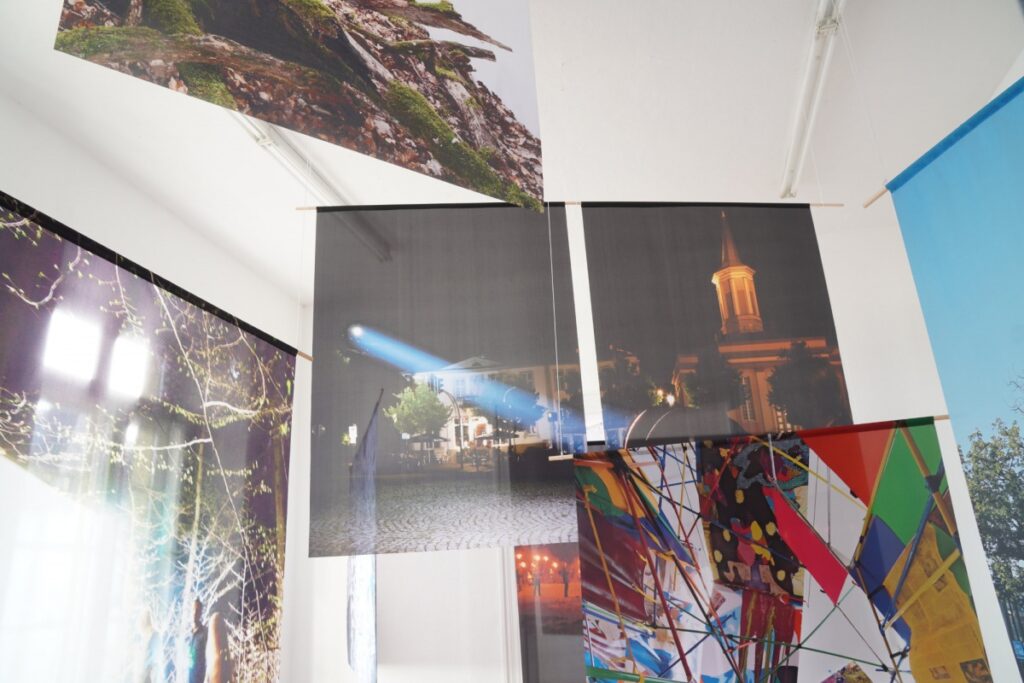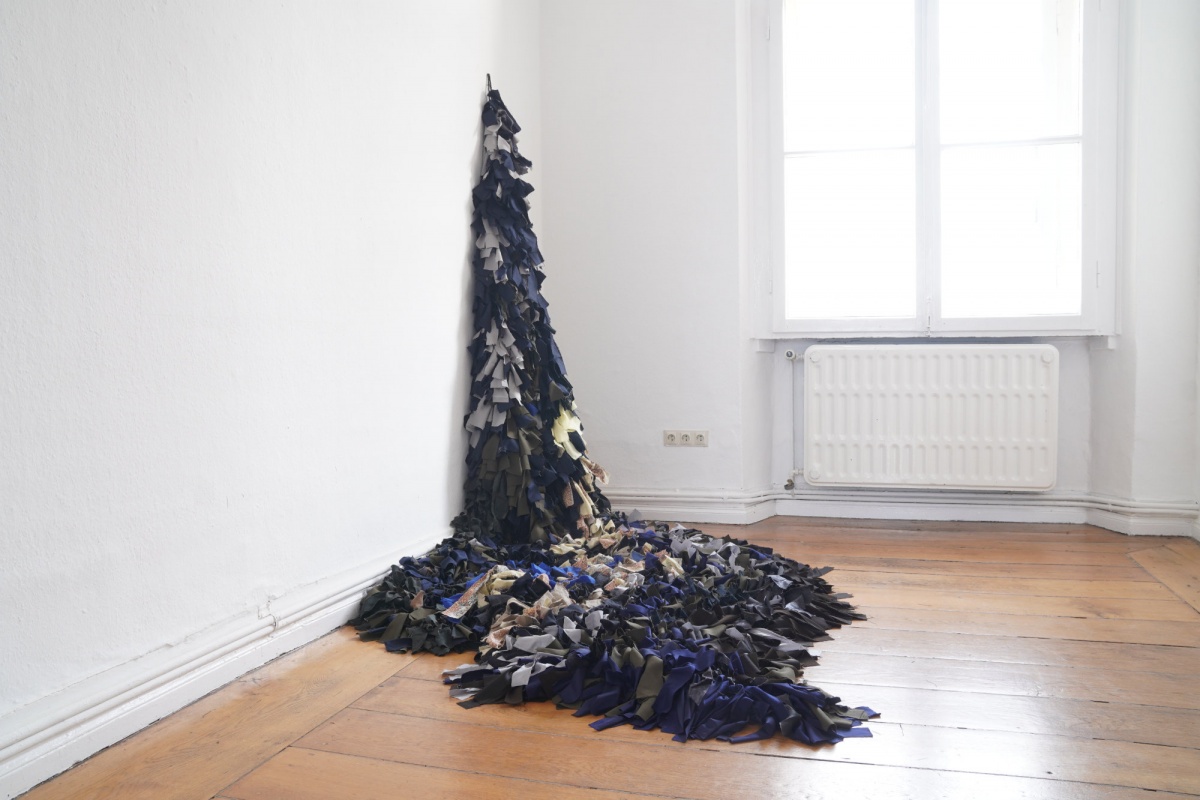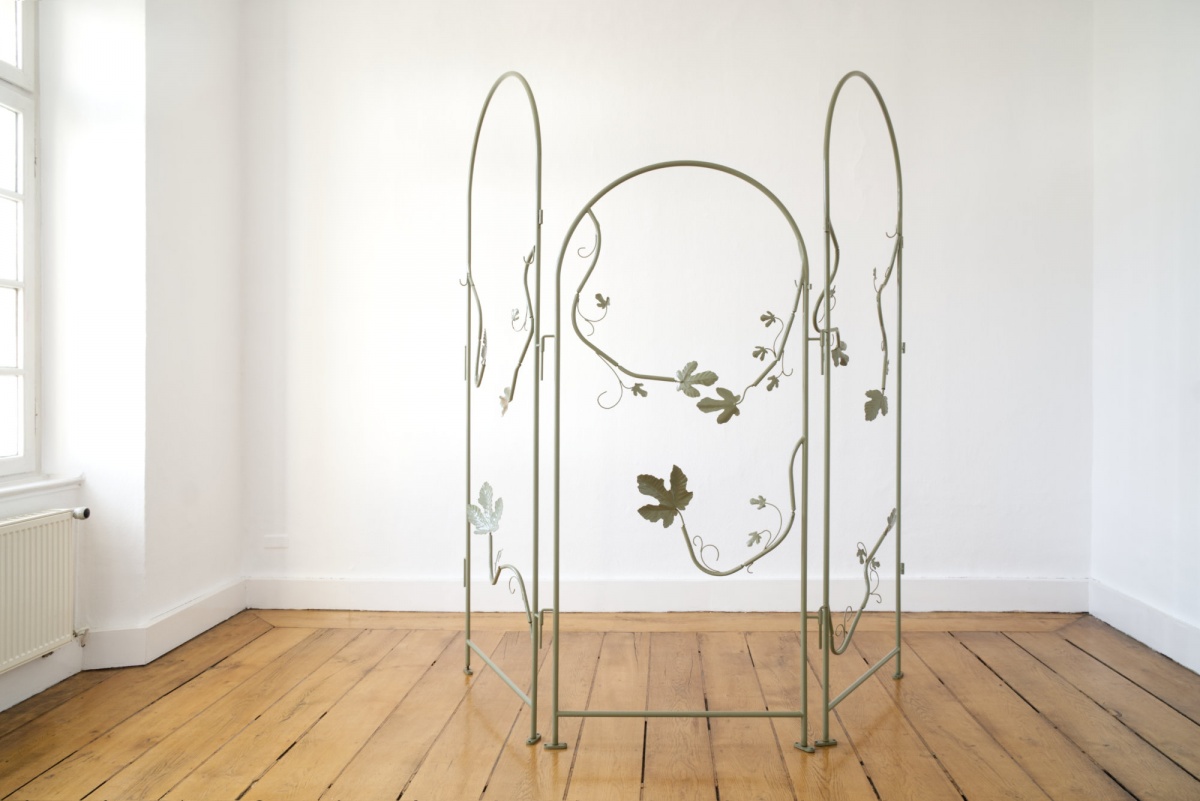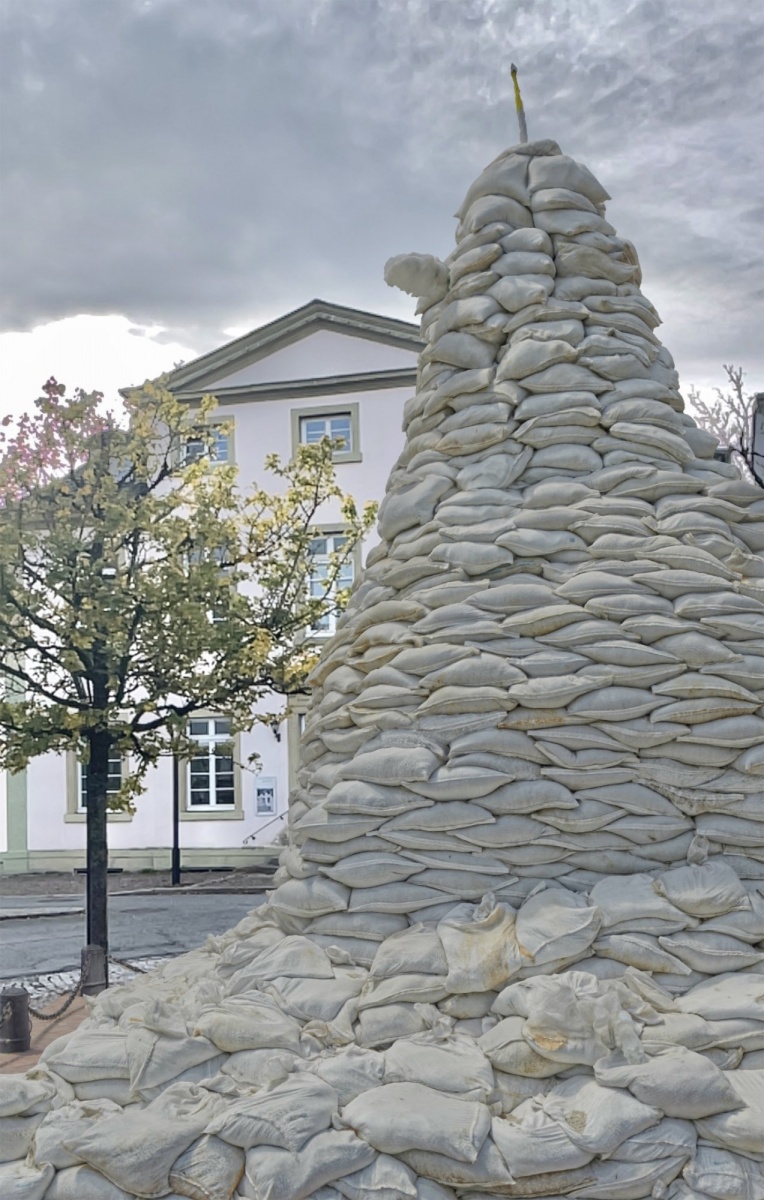Zeitgeister
28. Oktober – 20. November 2022
Kasia Fudakowski, Fabian Knecht, Inge Mahn, Hella Mewis, Pixelated Realities, Benedikt Terwiel, Vlado Velkov, u.A.

The word zeitgeist has no feminine form and no plural. It renounces diversity. It insists on the one and only zeitgeist. Thus, with the title of this exhibition, we are committing a linguistic offense that reflects a substantive one.
The German concept of Zeitgeist is a continuation of the Latin term genius loci (spirit of the place), which in Roman mythology refers to the protective spirit of a place. While genius loci is generally perceived today as the spiritual atmosphere of a place, the meaning of zeitgeist is still in a state of flux. Due to the many possible meanings and definitions, the term zeitgeist cannot be easily translated and used as the spirit of the times. Nevertheless, it has been adopted as a loanword into English and a dozen other languages. So do we mean the same zeitgeist in Arnsberg, Kiev and New York?
It is easier to talk about the zeitgeist in the context of history and to organize and evaluate the events of an era under the influence of the zeitgeist. If we were to look at the zeitgeist in the context of our present time, we would have to examine its role again and again. In relation to the present, its meaning is determined by so many factors such as social, cultural and religious implications, which can not only differ greatly, but also often act contrary to each other.
Today, the zeitgeist might be found in the context of globalization, digitalization and climate change: Issues that affect all peoples and cultures. The zeitgeist can also be found in another secret and familiar place: in our hands. It is always there for us and appears on our cell phones. Playfully and subversively, it tells us about the wider world, about friends and events that shape our world view as zeitgeist. With the growth of social networks, which give the zeitgeist a new stage, the gap to museums and libraries, which as places of reflection, culture and science offer a refuge for intellectual debate, is also growing. According to Goethe, the zeitgeist is a preponderance of social groups that drives the essence of time.
According to Polke, it is the higher beings that drive the artistic action. But what happens when the zeitgeist meets higher beings? And what happens when this happens in Arnsberg? With a bit of humor, an exhibition and a detailed publication, the project attempts to explore this attitude that shapes character and swirls the spirits.
Supported by the Ministry of Culture and Science of the State of North Rhine-Westphalia.


